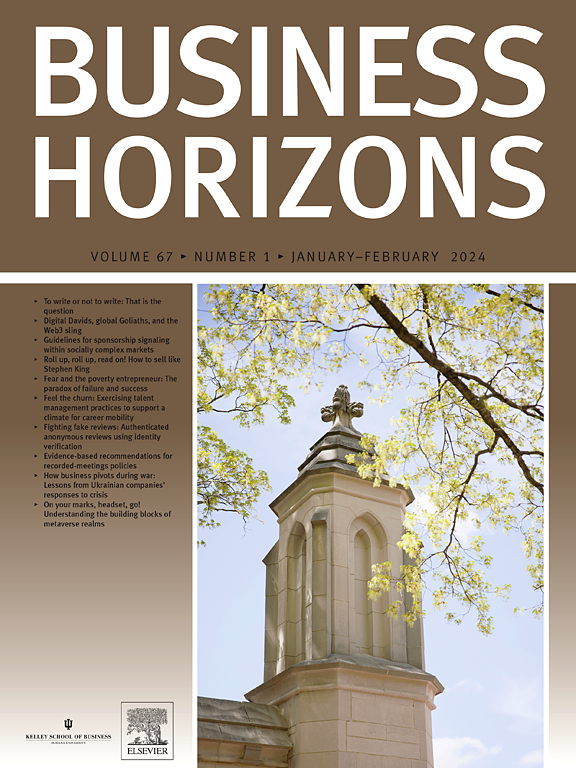众包中的公平:让人类人工智能供应链更人性化
IF 7
3区 管理学
Q1 BUSINESS
引用次数: 0
摘要
构建人工智能(AI)技术所需的大量数据通常是手工注释和处理的,这使得人工劳动成为人工智能供应链的关键组成部分。输入这些数据的工人来自数字劳动(“众包”)平台,这些平台往往不受监管,工资也很低,这引发了人们对人工智能开发中的劳工标准的担忧。本文利用一项调查的结果,旨在揭示人工智能供应链中工人对公平待遇的经验和看法。该研究揭示了工人经验的显著差异,确定了公平的潜在驱动因素,并强调了劳动平台的设计选择如何显著影响工人的福利。借鉴实体供应链的经验教训,本文为管理人员提供了关于如何提高人工智能供应链中的工人福利以及如何确保人工智能技术的负责任采购的实用指导。本文章由计算机程序翻译,如有差异,请以英文原文为准。
Fairness in crowdwork: Making the human AI supply chain more humane
The vast quantities of data required to build artificial intelligence (AI) technologies are often annotated and processed manually, making human labor a critical component of the AI supply chain. The workers who input this data are sourced through digital labor (“crowdwork”) platforms that often are unregulated and offer low wages, raising concerns about labor standards in AI development. Using the results of a survey, this article aims to shed light on the experiences and perceptions of fair treatment among workers in the AI supply chain. The study reveals significant variability in workers’ experiences, identifies potential drivers of fairness, and highlights how design choices by labor platforms can significantly affect worker welfare. Drawing on lessons from physical supply chains, this article offers practical guidance to managers on how to enhance worker welfare within the AI supply chain and how to ensure that AI technologies are responsibly sourced.
求助全文
通过发布文献求助,成功后即可免费获取论文全文。
去求助
来源期刊

Business Horizons
BUSINESS-
CiteScore
17.70
自引率
5.40%
发文量
105
期刊介绍:
Business Horizons, the bimonthly journal of the Kelley School of Business at Indiana University, is dedicated to publishing original articles that appeal to both business academics and practitioners. Our editorial focus is on covering a diverse array of topics within the broader field of business, with a particular emphasis on identifying critical business issues and proposing practical solutions. Our goal is to inspire readers to approach business practices from new and innovative perspectives. Business Horizons occupies a distinctive position among business publications by offering articles that strike a balance between academic rigor and practical relevance. As such, our articles are grounded in scholarly research yet presented in a clear and accessible format, making them relevant to a broad audience within the business community.
 求助内容:
求助内容: 应助结果提醒方式:
应助结果提醒方式:


